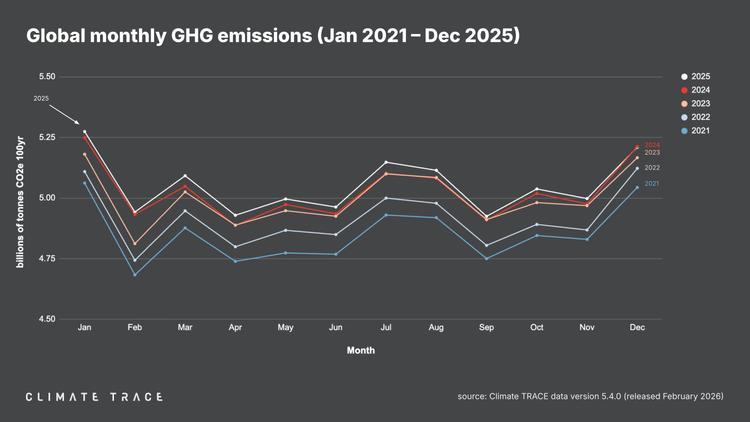EU launches nature credit roadmap to ‘put nature on the balance sheet’
“Privatising conservation policies will weaken them by introducing a profitability requirement."

The European Commission has launched a roadmap to develop clear standards and certification for nature credits, essentially allowing the monetisation of ecosystem services.
The roadmap aims to create a reliable framework to avoid greenwashing and ensure that nature credits – which reward landowners for protecting or restoring biodiversity – are an effective lever to increase investment in nature.







